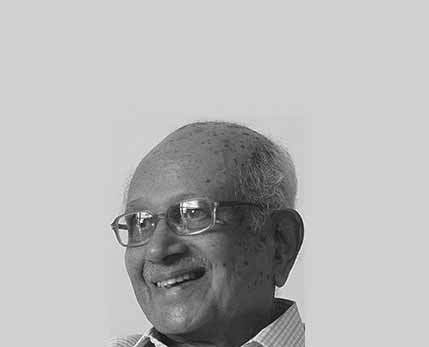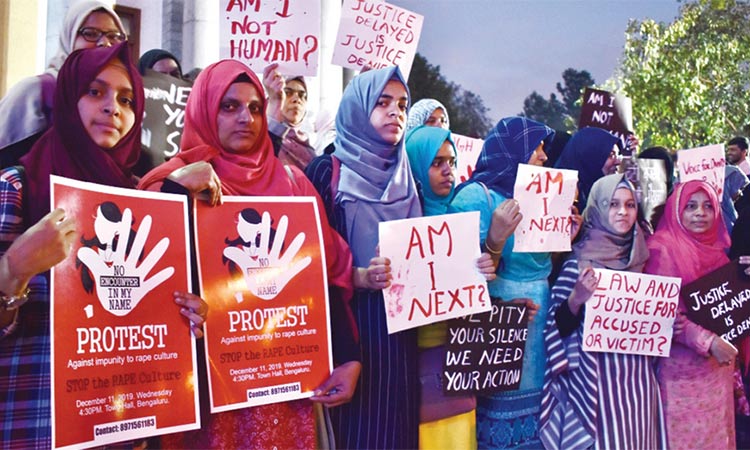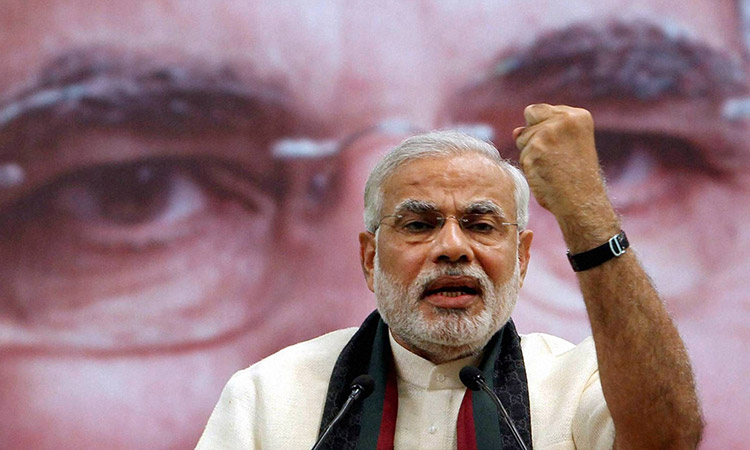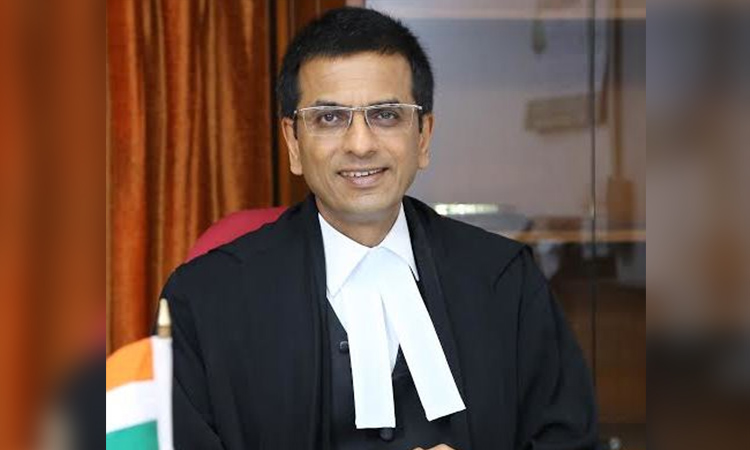Court keeps Pegasus matter alive

BRP Bhaskar
@brpbhaskarIndian journalist with over 50 years of newspaper, news agency and television experience.

The building of the Supreme Court of India in New Delhi.
It had earlier refused to give Parliament clear answers to members’ questions about purchase of Pegasus malware.
The Israeli company NSO Group which manufactures Pegasus does not disclose the names of its customers but says it supplies the product only to governments.
Last year an international consortium of investigative journalists reported, on the basis of analytical studies conducted with the help of cyber experts, that Pegasus had been used to snoop on politicians, journalists and social activists in India. This led to a demand for an independent probe into the matter.
Information Technology Minister Ashwini Vaishnavi, who responded on behalf of the government, said there had been no unauthorised use of spyware. His words left open the possibility of authorised snooping of politicians, journalists and activists.
Interestingly, Vaishnavi’s name had earlier figured in a list of persons who were being watched. This was before he was appointed minister. Why the future IT Minister was being watched by his own government was never explained.
Following the findings of the international consortium, a large number of petitioners, including some whose mobile phones were suspected to have been infected by Pegasus malware, approached the Supreme Court with pleas to order an independent probe to bring out the truth.
The petitioners included the Editors Guild of India, journalists Prem Shankar Jha, Paranjoy Guha Thakurta, N. Ram, Shashi Kumar and John Brittas, former Union Minister Yashwant Sinha and ML Sharma, an advocate.
Surprisingly, KN Govindacharya, a South-based ideologue of the Rashtriya Swayamsevak Sangh, mentor of the ruling Bharatiya Janata Party, was also among the petitioners.
Overruling the Centre’s objections, a bench presided over by the Chief Justice of India, NV Ramana, constituted a committee comprising three technical experts last October to inquire into the allegation that government agencies had used Israeli spyware for surveillance of politicians, journalists, and activists.
Retired Supreme Court judge RV Raveendran was requested to monitor the committee’s work.
The committee presented its report to the court in July.
Just before his retirement on August 26, Justice Ramana said in open court that the Central government did not cooperate with the inquiry by the committee appointed by it.
He disclosed that the expert committee had found some kind of malware in five out of 29 phones it had examined but there was nothing conclusive to show it was Pegasus.
The revelation that the Centre did not co-operate with the probe ordered by the court deserves serious attention. Under the Constitution, it is mandatory for all authorities to act in aid of the Supreme Court.
The expert committee’s long report is in three parts. In one part, it has suggested amendment of the law to protect the citizen’s right to privacy and ensure cyber security of the nation.
The CJI said the report of Justice Raveendran, who monitored the work of the expert committee, would be uploaded on the court’s website.
Court proceedings in the Pegasus matter has not ended with Justice Ramana’s retirement. He posted the case to a date four weeks later, leaving room for his successor to take the issue forward.







